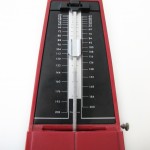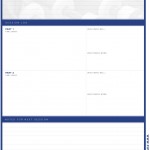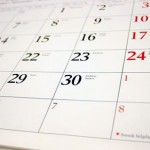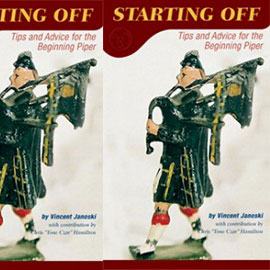How Long Should You Practice?
 Dr. Noa Kageyama has a website called “The Bulletproof Musician.” Many excellent posts to be found on the psychology of playing music, performing, etc. His post “How Many Hours a Day Should You Practice” is an excellent exposition on how to practice “smart” instead of “a lot.” One of the better and more illuminating sections of the post has to do with the dangers of mindless practice, that is, just simply engaging in repetition or playing on autopilot. From the bagpiper’s perspective, that is when you just play through your material once or twice and call it a day. Or, maybe you play your solo competition MSR over and over again until you think it sounds good. If you’re stuck at a point in your playing where you feel as though you are not improving despite consistent practice, then you are likely guilty of practicing mindlessly.
Dr. Noa Kageyama has a website called “The Bulletproof Musician.” Many excellent posts to be found on the psychology of playing music, performing, etc. His post “How Many Hours a Day Should You Practice” is an excellent exposition on how to practice “smart” instead of “a lot.” One of the better and more illuminating sections of the post has to do with the dangers of mindless practice, that is, just simply engaging in repetition or playing on autopilot. From the bagpiper’s perspective, that is when you just play through your material once or twice and call it a day. Or, maybe you play your solo competition MSR over and over again until you think it sounds good. If you’re stuck at a point in your playing where you feel as though you are not improving despite consistent practice, then you are likely guilty of practicing mindlessly.
“…Even worse, you are actually digging yourself a hole by practicing this way, because what this model of practicing does do is strengthen undesirable habits and errors, literally making it more likely that you will screw up more consistently in the future. This makes it more difficult to correct these habits in the future – so you are actually adding to the amount of future practice time you will need in order to eliminate these bad habits and tendencies. I once worked with a saxophone professor who was fond of reminding his students that “Practice doesn’t make perfect, practice makes permanent.—
So what do you do about it? On the April 28 Bagpipe Nation podcast, Andrew walked through how to get the most out of your bagpipe practice. His tips are similar to Dr. Kageyama’s advice on deliberate practice. Deliberate and mindful practice involves slow work on tiny segments of your playing. It involves monitoring your playing to train your ear to pick out weak spots (and strong spots!). The idea is as much to practice a level of focus as anything; a level of focus that will allow you to duplicate what you’re doing in your music when it counts on the field in front of a judge or audience. I particularly like Dr. Kageyama’s step 3 for more effective practice:
3. Goals
Try using a practice notebook. Keep track of your practice goals and what you discover during your practice sessions. The key to getting into the “zone†when practicing is to be constantly striving to have clarity of intention. In other words, to have a clear idea of the sound you want to produce, or particular phrasing you’d like to try, or specific articulation, intonation, etc. that you’d like to be able to execute consistently.
When you figure something out, write it down. As I practiced more mindfully, I began learning so much during practice sessions that if I didn’t write everything down, I’d forget.
And, as luck would have it, clicking here will give you tools to allow you to do this very thing.
 Pipehacker
Pipehacker








